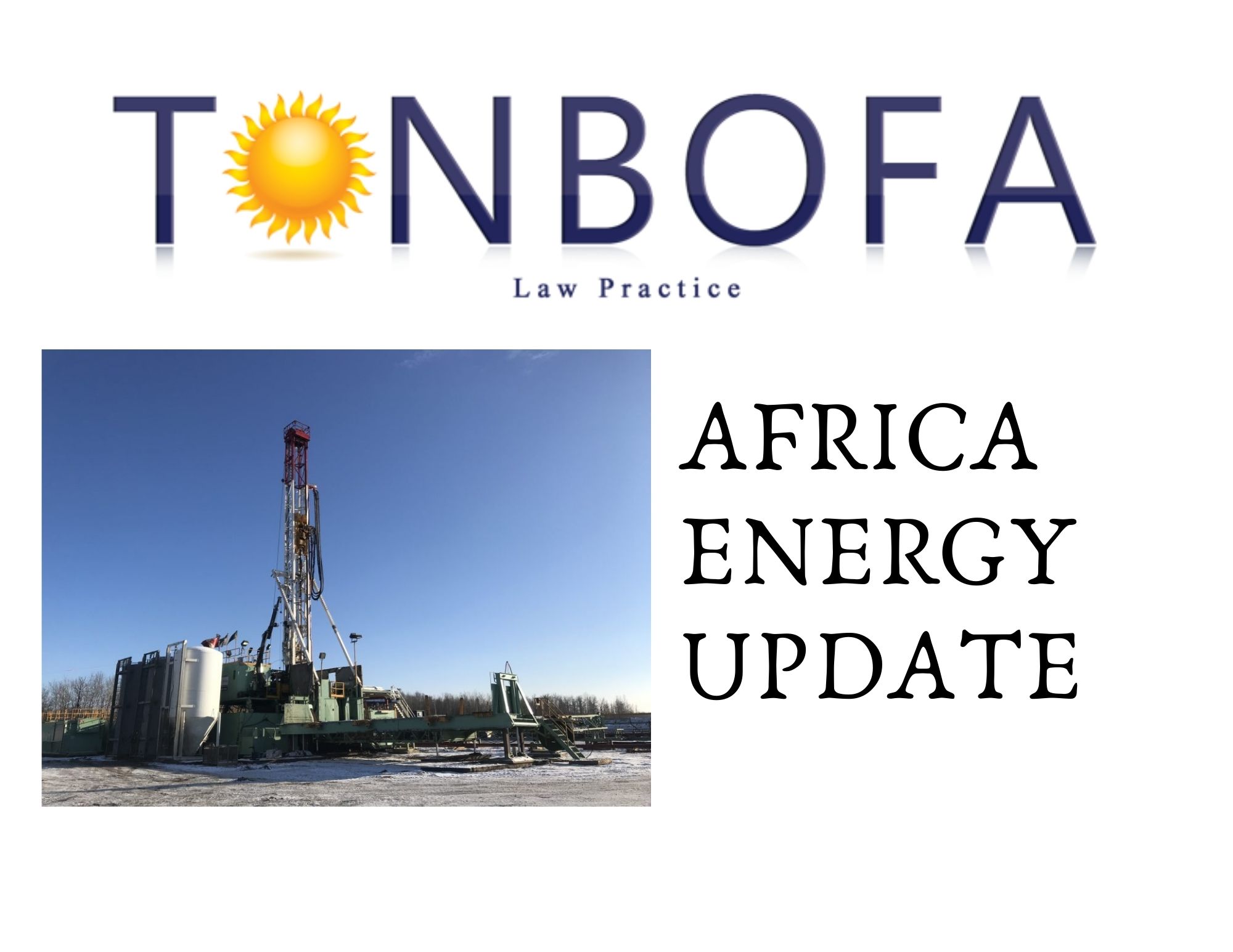
by TONBOFA LP
Angel Investing is a type of business funding where high net worth individuals invest in early stage high growth private companies. Angel Investors fill the equity finance gap between start-up and seed capital (usually from founders and ‘family and friends’) and venture capital.
Regulation of Business Angel Investment in Nigeria
There are no specific regulations on Business Angel Investment in Nigeria. Business Angels are governed by the general laws on Investment and Tax.
Commencing the Investment
Before seeking investment, the founders of the company or management will need to have prepared a business plan setting out details of the business and collated all relevant information about the company and the business for the investor to conduct a due diligence exercise. The extent and formality of due diligence will depend on the company and the circumstances.
Due Diligence
The essence of this is to gather information about the target business in order for the investor to decide whether or not to proceed with the investment. This will be carried out in three areas:
- Financial due diligence: Here, the investor will carry out investigations so as to determine the size of its investment.
- Legal due diligence: The issues that are given consideration by the investor here are: (a) share structure of the company (the class and right of shares), (b) any existing shareholder arrangements in addition to the articles of association which may need to be amended, (c) commercial contracts, (d) intellectual property and licensing, (e) employment contracts, and (f) properties of the organisation.
- Technical due diligence: The Angel investor may employ the services of an adviser to conduct technical review of the company’s business to satisfy the investor that the technology of the company performs or has the capacity to perform as its founders have stated.
Consents and Approvals
Just like venture capital transactions, the company may need to obtain the following approvals:
- Shareholder approvals for transaction by way of passing resolutions for transfer of shares
- Shareholders waiver of existing pre-emption rights (if any) and termination of any existing shareholders’ agreement
- Shareholders resolution for increase in share capital where existing shares are insufficient to allow for a transfer to the investor
- Approvals from the Corporate Affairs Commission “CAC” for increase in share capital where there is need for increase
Transaction Documents
The major transaction documents are:
- Memorandum and Articles of Association: Investors may require adoption of new articles to replace existing articles, rather than the amendment of existing articles, especially when existing articles are likely to require significant amendment. The articles will contain provisions dealing with share capital, share classes, which may include preference shares and different classes of ordinary shares, share rights, including as to dividends, voting, and redemption and sale rights, rights and restrictions on share transfers, including permitted transfers, leaver provisions and drag and tag along rights, and the board of directors, including appointment and removal and board proceedings.
Once the new article is adopted of the old is amended and adopted, it must be filed at the CAC.
- Shareholders Agreement: This document sets out the basic terms of the investor’s subscription for new shares (and any loan stock). It deals with matters bordering on the constitution of the board (including investor appointments), the regular provision of specified financial and other information to the investor, management’s conduct of the business, investor consents and directions, and exit mechanisms.
- Employment Agreement: This will be entered into where existing agreements are unsuitable to the investor
At the end of the transaction, the company will be required to file shareholder resolutions, new (or amended) articles of association and all relevant forms at CAC.
For more on this, kindly send an email to uchechi@tonbofa.com
Share
Africa Energy Update- ZIMBABWE: Solgas Energy commissions its 5 MWp Cross Mabale solar power plant Renewable energy producer Solgas Energy is commissioning its Cross Mabale solar power plant in the northern Matabeleland province. The plant, which is connected to the Zimbabwean national grid, has a capacity of 5 MWp. A solar photovoltaic power plant goes into
The passage and signing of the highly anticipated Petroleum Industry Act is a landmark in the oil and gas industry. The Act provides legal, governance, regulatory and fiscal framework for the Nigerian Petroleum Industry and development of Host Communities. For more information on key provisions of the Act click here to learn more
FG Okays N35bn For NEPZA Power Station The federal government yesterday approved the sum of N35billion for the building of a power station by the Nigerian Export Processing Zone Authority (NEPZA) in Akamkpa, Cross River State. ØMinister of Industry, Trade and Investment, Niyi Adebayo, disclosed this to State House correspondents after the virtual federal executive





